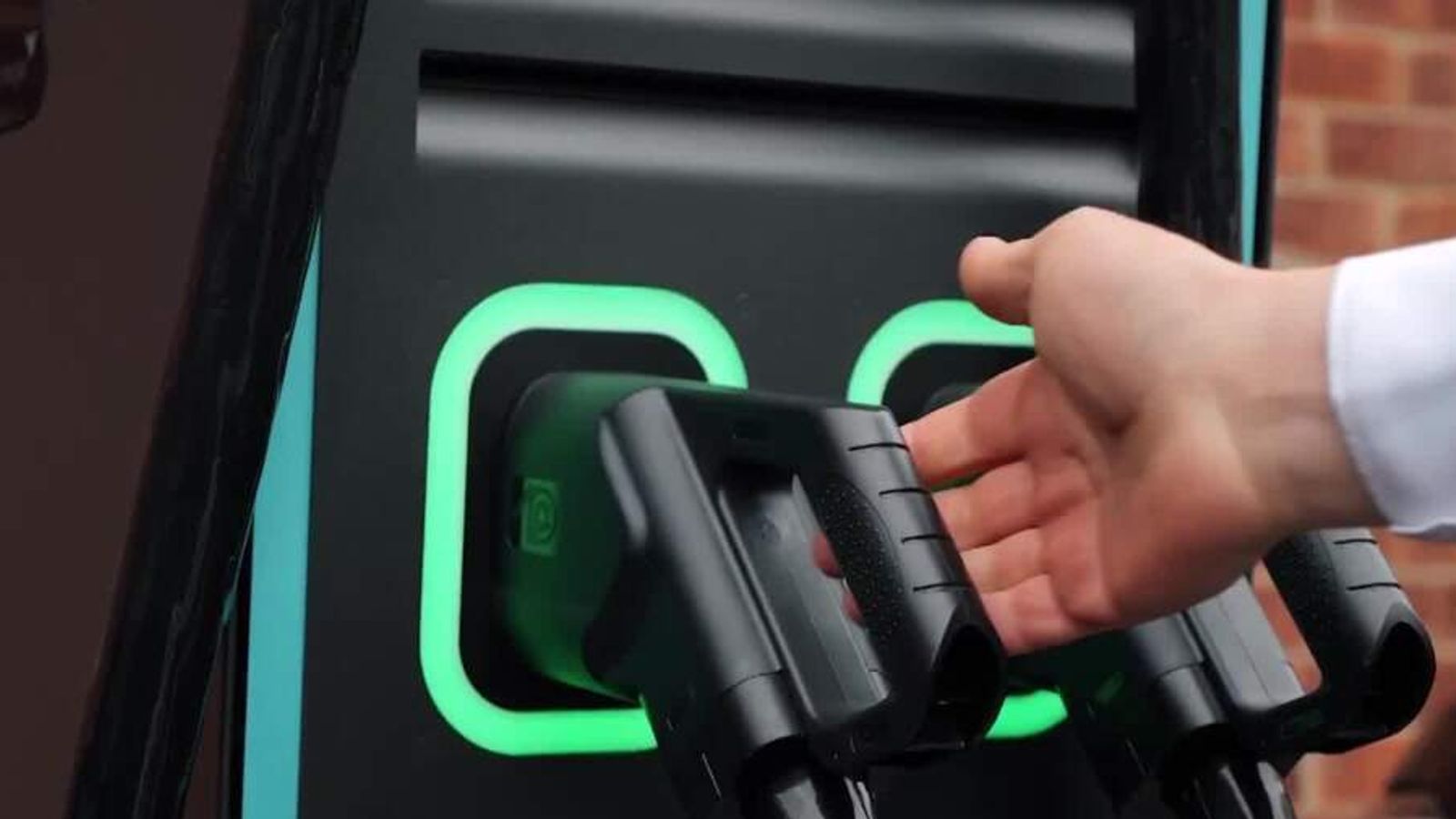Britain’s transition to electric cars will lead to a £10bn shortfall in taxes as fuel duty isn’t paid on them, a think tank has said.
By the early 2030s, the Resolution Foundation estimated there will be a fall of £10bn from the £32bn in tax currently collected from fuel duty and vehicle excise duty.
Electric vehicles (EVs) are largely exempt from the taxes, as they don’t produce emissions or run on fossil fuel.
The foundation, which aims to improve the standard of living for low and middle-income families, has recommended against this low tax approach for EVs.
It instead proposes a new tax to prevent the disappearance of £10bn from the public purse.
The incentives to move to EVs would still outweigh any new taxes for potential electric car owners, as operating costs are so low, according to the think tank’s new report.
Running costs, per mile, are 60% lower for EVs compared to traditional vehicles, it said, and half of that saving comes from not paying traditional car taxes – particularly fuel duty.
Tata: Jaguar Land Rover owner set to build new gigafactory in UK
Britain’s battery industry doomed by government, Britishvolt co-founder claims
Tesla signals more price cuts ahead as report warns of slump in demand for new electric cars
How should EVs be taxed?
EVs accounted for one in seven new cars bought last year, but will have the market to themselves from 2030 when the sale of new petrol and diesel vehicles is banned.
Maintaining effective tax breaks would be inequitable, the Resolution Foundation said, as it’s mostly rich people who have bought new electric cars.
As two-thirds of new car spending is by the richest fifth of households, the tax breaks disadvantage lower income brackets that can’t afford a new EV.
To recoup the projected lost tax revenue, the report has recommended a new road duty for EVs to make driving an electric car 30% – rather than 60% – cheaper than petrol or diesel vehicles.
The duty could be calculated via GPS data collected by EVs and paid in monthly direct debit instalments. This should only be applied to EV drivers to prevent non-EV motorists being doubly taxed.
Please use Chrome browser for a more accessible video player
Be the first to get Breaking News
Install the Sky News app for free
Another measure proposed by the think tank is to reduce the VAT on public electric car charging points, which are mostly used by less well off households, while richer people are more likely to have home charging points.
The VAT rate on electricity from public charging points is currently 20% and should be brought down to 5%, the VAT rate for home charging, the group said.






